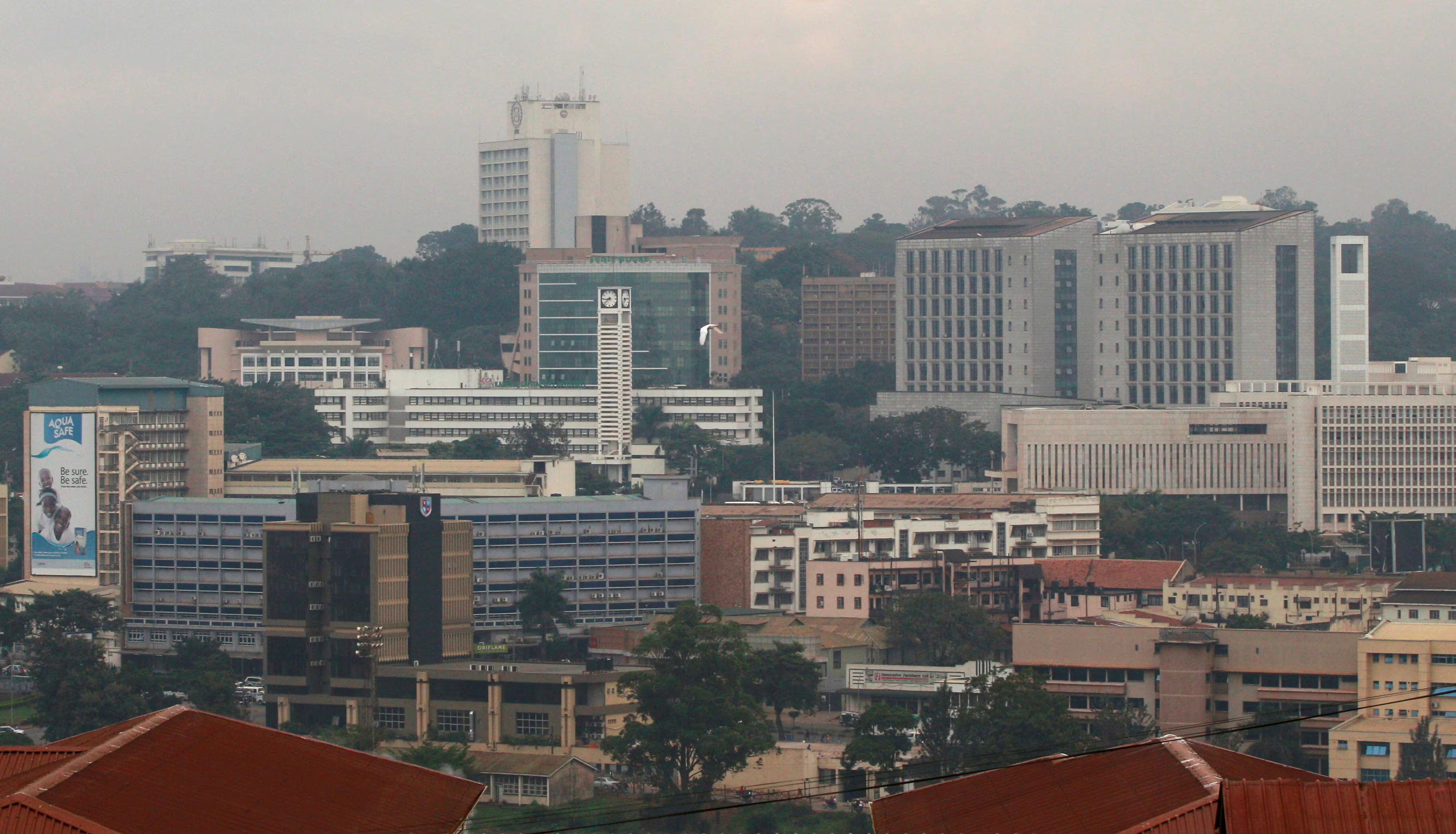
KAMPALA, Feb 6 (Reuters) – Uganda’s central bank held its key lending rate for the second meeting in a row on Thursday, saying near-term inflation appeared well-contained but that the outlook was more uncertain than normal given external risks.
The Central Bank Rate was kept at 9.75%.
Annual core inflation, which the Bank of Uganda aims to keep at about 5%, rose to 4.2% in January, up from 3.9% the previous month.
The bank forecasts core inflation of between 4% and 5% this year, though there are risks from geopolitics, extreme weather and a strong U.S. dollar, Bank of Uganda deputy governor Michael Atingi-Ego told a news conference.
“Uncertainties from global developments could cause inflation to rise faster and disrupt economic activity. This situation necessitates a cautious approach to monetary policy,” Atingi-Ego said.
He said the bank’s projections for economic growth remained unchanged from its December policy meeting, at between 6%-6.5% in the financial year to June 2025, and 7% for the following years, supported by a stable macro-economic environment and foreign direct investment (FDI) towards the extractive industries.
Uganda expects to start pumping crude oil commercially this year, which has helped bolster FDI.
Responding to questions from reporters about the impact of U.S. President Donald Trump’s trade policies, Atingi-Ego said tariffs on countries like China were likely to spur price rises in African countries.
“It will affect the global inflation, and Uganda of course is not in an island. We will end up importing some of that inflation,” he said. “That means we will have to see how to tighten monetary policy going forward.”
(Reporting by Elias Biryabarema; Writing by Hereward Holland; Editing by Alexander Winning, William Maclean)

